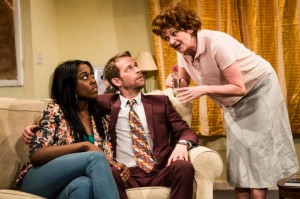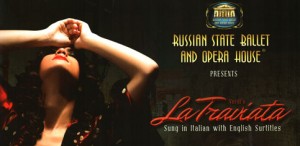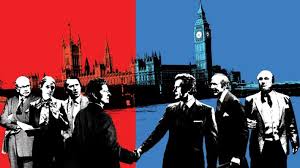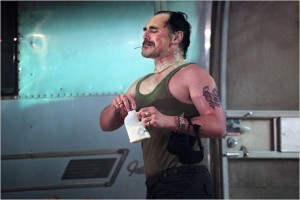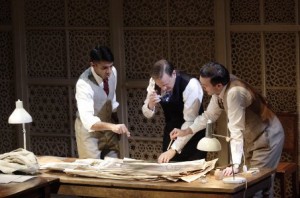 ‘Drawing the Line’ by Howard Brenton at the Hampstead Theatre
‘Drawing the Line’ by Howard Brenton at the Hampstead Theatre
4th December, 2013
‘You British make this mistake, every time you colonise. You move into a huge area of the globe and call it a country, when it is not. You have done so all over Africa, in Arab countries, in Iraq.’
‘Drawing the Line’ was inspired by conversations Brenton had during a visit to India in 2009, and continues his theme of political upheaval seen in other plays he has written.
In 1947, finding empire morally insupportable, and short of post war funds, the ruthless Labour Prime Minister, Clement Attlee, decides to dismantle 200 years of rule of India in just five or six weeks. ‘Drawing the Line’ concentrates on the role played by one man, Cyril Radcliffe, played by Tom Beard. He travels to India, a country he has never visited and of which he has almost no knowledge, and with limited survey information, no expert support and no knowledge of cartography, aims to draw the border to divide the Indian sub-continent into two new Sovereign Dominions: India and Pakistan.
The scenario unravels like a Snakes and Ladders board game. Radcliffe is flung into a maelstrom of Indian politics, religion, culture, languages and opposing beliefs. Ironically, it was the same incident that preoccupied WH Auden in 1966 which sums up the play’s chronology of events:
He got down to work, to the task of settling the fate
Of millions. The maps at his disposal were out of date
And the Census Returns almost certainly incorrect,
But there was no time to check them, no time to inspect
Contested areas. The weather was frightfully hot,
And a bout of dysentery kept him constantly on the trot,
But in seven weeks it was done, the frontiers decided,
A continent for better or worse divided.
The next day he sailed for England, where he could quickly forget
The case, as a good lawyer must. Return he would not,
Afraid, as he told his Club, that he might get shot. Continue reading Drawing the Line →
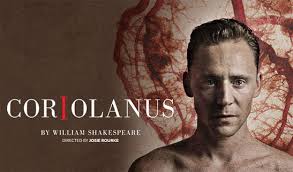 NT Live Coriolanus at Chichester New Park, Cinema
NT Live Coriolanus at Chichester New Park, Cinema